Efficient Appliance Technologies
When it comes to energy-saving washers and dryers, incorporating highly efficient models can lead to significant energy and water savings. These advanced appliances can consume up to 25 percent less energy and 40 percent less water than regular units. Equipped with sensors to monitor water levels and featuring front-loading designs that significantly reduce water usage, energy-saving washers and dryers are essential for enhancing efficiency in your home.
High-Efficiency Dehumidifiers
For those looking to reduce energy consumption related to moisture control, considering high-efficiency dehumidifiers is a wise choice. These innovative units utilize more efficient refrigeration coils, compressors, and fans compared to conventional models. By optimizing the moisture removal process, high-efficiency dehumidifiers achieve the same results using 15 percent less energy, contributing to both energy savings and environmental preservation.
Advanced Dishwasher Features
With advanced dishwasher features, modern technology is transforming the efficiency of dishwashing. Incorporating innovations such as soil sensors, improved water filtration systems, and efficient jets, these dishwashers enhance cleaning cycles and detergent utilization, resulting in reduced water and energy consumption. By optimizing the cleaning process, advanced dishwashers offer substantial energy savings while achieving excellent cleaning performance.
Refrigeration Innovations
In the realm of refrigeration, embracing efficient refrigerator and freezer technologies can make a notable impact on your energy usage. These appliances feature enhanced insulation and higher efficiency compressors, designed to save energy across residential, commercial, and industrial applications. By investing in refrigeration innovations, you not only reduce your energy costs but also contribute to a more sustainable environment through decreased energy consumption.
By leveraging the efficiencies offered by these advanced appliance technologies, you can enhance the performance of your household appliances while minimizing your energy consumption and operational costs. Consider upgrading to these energy-efficient models to optimize your appliance efficiency and contribute to a greener and more cost-effective home environment.
Strategies for Home Appliance Efficiency
When it comes to optimizing the efficiency of your home appliances, focusing on specific strategies can lead to significant energy savings and reduced operational costs. Let’s explore key areas for enhancing the performance and longevity of your appliances.
Heating and Cooling Optimization
Heating and cooling appliances play a crucial role in household energy consumption, accounting for a substantial portion of electricity usage. Heating is particularly significant, responsible for over 25% of annual electricity consumption (Perch Energy). By implementing measures such as energy audits and insulation improvements, you can reduce energy consumption in this area. Heaters are the largest energy consumer in homes, representing 31.3% of energy consumption (Renewable Energy World).
Electric Water Heater Efficiency
Electric water heaters are the second largest energy consumers in households, contributing approximately 12% of electricity usage due to activities like showering, dishwashing, and laundry. To improve efficiency, consider replacing traditional water heaters with energy-efficient alternatives such as tankless or solar water heaters. Water heaters represent the second-largest energy consumer in homes, accounting for 13.6% of energy consumption.
Energy-Efficient Lighting Transition
Although lighting has become more energy-efficient with technologies like LEDs, it still accounts for a significant portion of monthly electricity usage in households due to high usage. Transitioning to energy-efficient LED light bulbs can result in substantial savings on utility bills. Nearly half of U.S. homes now use LED lights, and federal regulations are expected to generate billions in consumer savings annually, while also reducing carbon emissions from electricity production (NRDC).
Refrigerator and Freezer Efficiency
Refrigerators, while not high energy consumers per hour, contribute significantly to monthly electricity bills as they operate continuously. Upgrading to an Energy Star-rated refrigerator can help reduce energy consumption, with refrigerators accounting for 4% of total home energy usage.
Washer and Dryer Operational Tips
Washers and dryers play a considerable role in annual electricity consumption, representing approximately 5% of household energy usage. Consider utilizing energy-saving settings and avoiding hot water usage in your laundry routine to lower energy consumption.
By incorporating these strategies for optimizing home appliance efficiency, you can enjoy lower energy bills, reduced environmental impact, and enhanced performance from your appliances. Explore more about energy-saving appliance settings and energy-efficient appliance upgrades to further enhance the efficiency of your household appliances.

